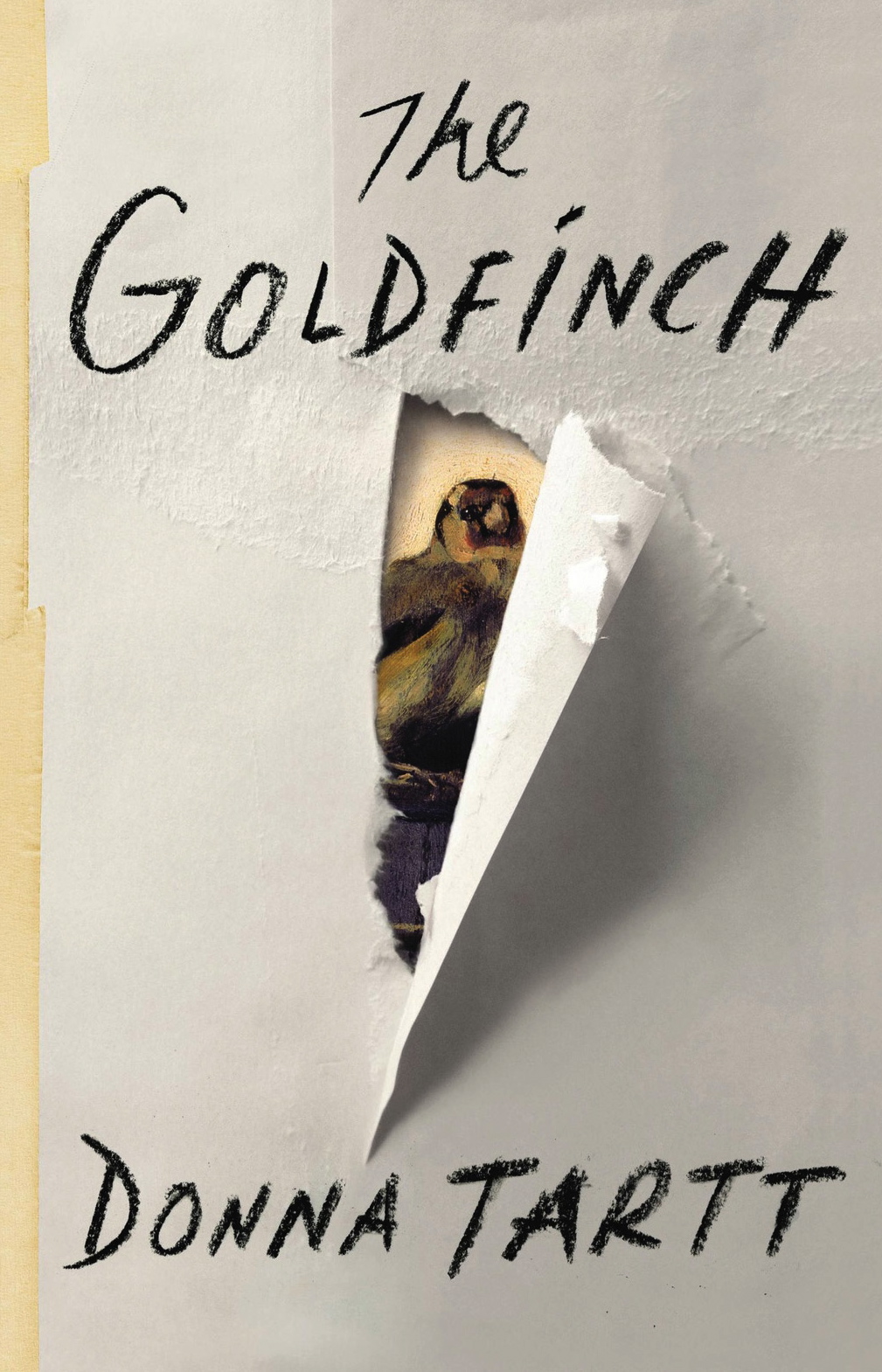

At that moment his mother draws his attention to a little painting, The goldfinch, by Carel Fabritius, who was killed by an explosion that destroyed his studio. Early for their appointment and caught in a rainstorm they step into the art museum, and as Theo follows his mother from gallery to gallery, listening to her disquisition on the works and their contexts, he notices a girl, who notices him.

He is not a particularly good child he has been suspended from school for smoking, or perhaps for more criminal acts and the reason he and his mother are out together on the day she dies is that they are supposed to be meeting the school principal for a ‘conference’ on his behaviour. ‘When I lost her I lost sight of any landmark that might have led me someplace happier.’ This complaint forms a segue from his Dutch hotel room to his thirteen-year-old self, when he was a child loved and cared for by a vibrant, intelligent mother.

‘Things would have turned out better if she had lived,’ he says. Theo is a long way from home, and from comfort.īut he has been far from home, far from comfort, for much of his life this he attributes to his mother’s early death. Though he is staying in a hotel room awash with Northern European beauty, where ‘the brocades were rich and the carpet was soft’, for him ‘the winter light carried a chilly tone of 1943, privation and austerities, weak teas without sugar and hungry to bed’, and he is sick and feverish and filled with ‘indeterminate anxiety’. He has done something very wrong, probably involving murder. For much of the novel he is a hapless adolescent, but when we first meet him, at the start of the novel, he is twenty-something, and hiding out in Holland. Theo, the narrator of The Goldfinch does precisely this, struggling through his own anomie and loneliness, struggling with post-traumatic stress and a fractured moral centre. Instead, events and consequences roll indifferently on, unconcerned by fairness or justice or right, leaving the narrator to stumble through an attempt to make sense of what is in fact almost entirely random. The world is not restored to order at the end of her novels the guilty are not punished, or the innocent rewarded. To this extent they possess a family resemblance to crime fiction but they refuse to obey its conventions. They also explore the difficult world of adolescence, with their principal characters either witness to, or active participants in, those crimes. Her novels possess a signature of sorts: crisply polished prose, perfect syntax, beautifully observed places and events, tricky characters, and unresolved crimes.

Donna Tartt has produced just one novel a decade so far: The Secret History, which came out in 1992 to enormous success The Little Friend, ten years later, which barely rippled the surface of the literary world and now The Goldfinch, which I suspect will achieve at least the standing of her first novel.


 0 kommentar(er)
0 kommentar(er)
